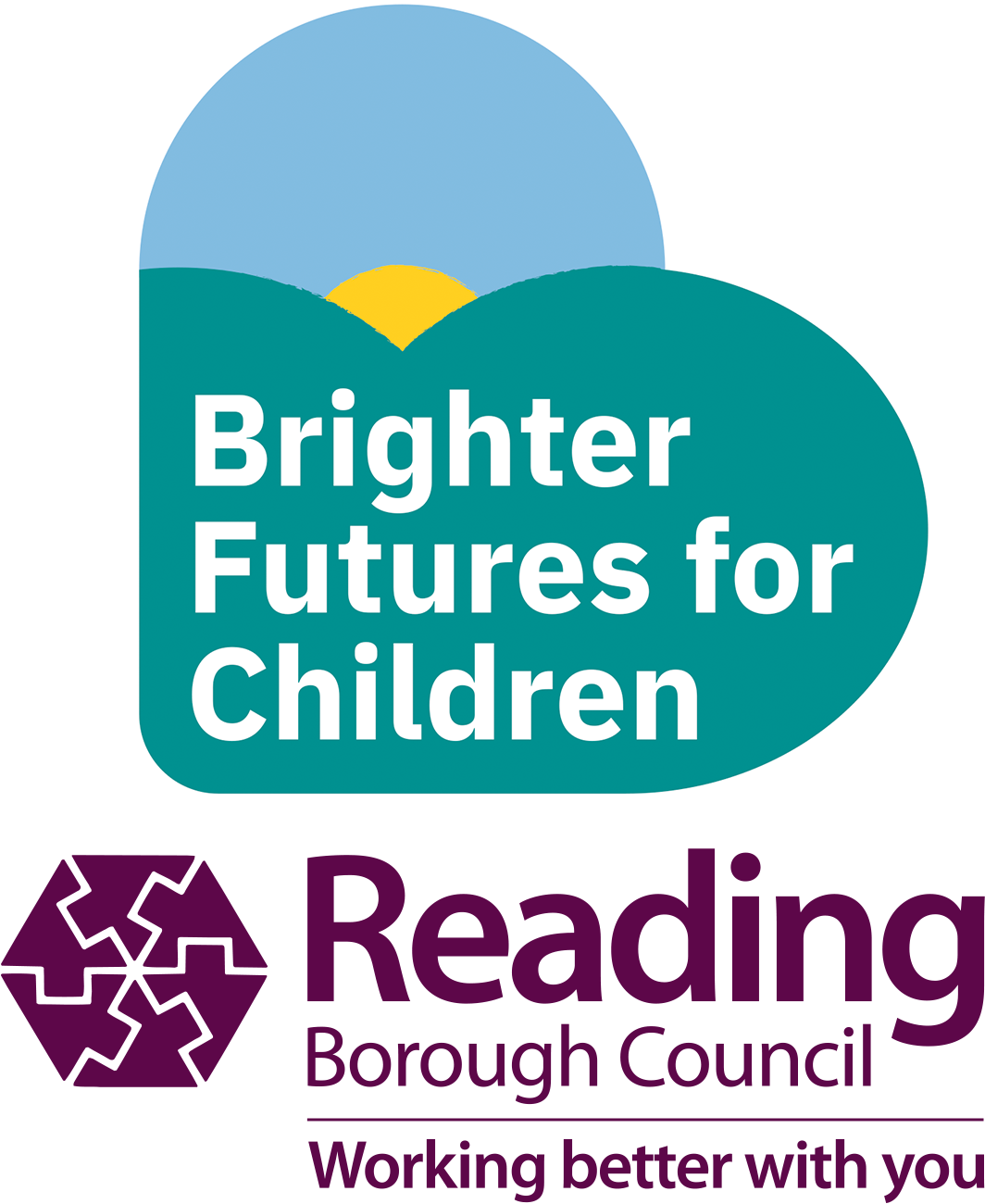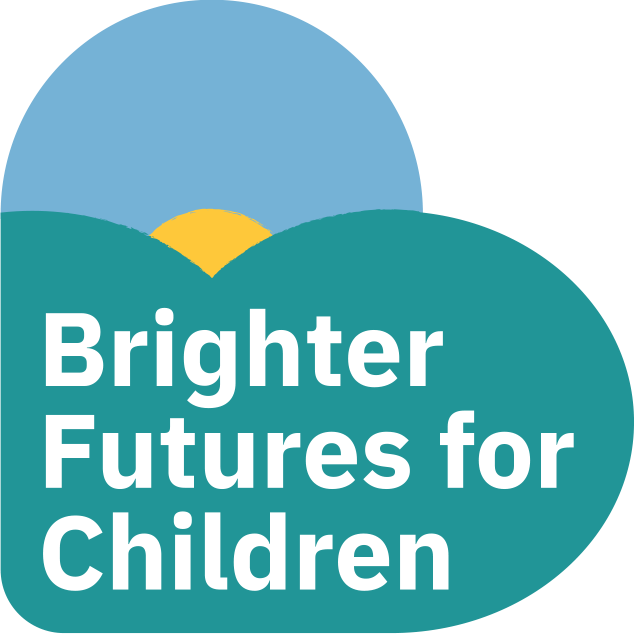- Home
- Professionals
- Reading Inclusion Support in Education (RISE)
- Early Intervention Funding (EIF)
Early Intervention Funding
Please note, early intervention funding will not be continuing after 31 March 2025.
From April 2024, Reading primary schools will be able to apply for funding of up to £4000 extra funding per child/annum (on top of the notional £6,000 SEN funding) to support children in nursery, reception or Year 1 classes whose needs cannot be met within what is currently ordinarily available. The funding lasts one year from the term in which the funding is accepted (for example if there is an application accepted in April 2024, the funding lasts until the end of March 2025) and once this year is over, school can apply for ‘round 2’ funding if the child is still within the age range outlined. The availability of early intervention funding (EIF) will form part of Reading’s ordinarily available provision (OAP) and graduated response for children who have SEND or who may have SEND. Schools can apply for up to three consecutive years of EIF per child, with funding available until the child(ren) reaches the end of Year 1. Please note, if applications are made when a child is in Year 1, funding will be provided pro-rata until the end of the academic year.
What is early intervention funding (EIF)?
Early intervention funding (EIF) is needs led. This means children do not need a formal diagnosis to access this funding. EIF is intended to assist schools to provide timely, focused interventions to support children as an alternative to a submission for an education, health and care plan (EHCP). For children who are likely to be lifelong service users, and who are working at 8-20 months across two areas of need when they are four years old, an education, health and care needs assessment (EHCNA) may be more appropriate.
How can schools apply for this funding?
The EIF panel takes place alongside the enhanced funding panel, every three weeks. The EIF panel will comprise of school representatives and a range of professionals (including educational psychologists, speech and language therapists, early years and SEND consultants/specialists).
To apply for EIF, schools will need to complete round 1 application form in the first year of applying, and round 2/3 application form in subsequent years. Requests will be reviewed by the multi-agency panel and funding will be allocated accordingly. Please email completed application forms to SEN@brighterfuturesforchildren.org.
Round 1EIF application form
Click the button to download for an initial EIF application
Round 2 or 3EIF application form
Click the button to download for subsequent EIF applications
What can early intervention funding be used for?
EIF can be used for any area of need identified. For example, it could be for resources around a specific area of identified need (e.g. learning, sensory, speech and language) or for additional adult support. If requesting resources or adult support, schools must be clear about how they intend to maximise impact. For example, using the free support on offer from RISE, or applying strategies recommended by an educational psychologist.
It may be that the application focuses on one child, though many students may benefit from the extra resources. For example, purchasing sensory resources recommended by the RISE occupational therapist which can be used in the future for other children with similar needs, or purchasing resources for a learning intervention that can be accessed by a small group of children including the child for whom the EIF application has been made.
Is early intervention funding a permanent change to ordinarily available provision in Reading?
The EIF is a pilot scheme funded by BFfC until 31 March 2025. Impact will be assessed, and feedback sought from all key stakeholders as the pilot progresses. The decision on whether to implement EIF on a long-term basis will be made by BFfC in collaboration with stakeholders.

Contact
Practitioners
For further information, please email SEN@brighterfuturesforchildren.org.
Parents
If you feel your child could benefit from early intervention funding, please discuss this with your school’s SEND department. If you need guidance or support to help you with this, please contact Reading Information, Advice and Support for SEND (IASS).
Additional links
For more information on support available for families in Reading, head over to Reading Family Information Service.


